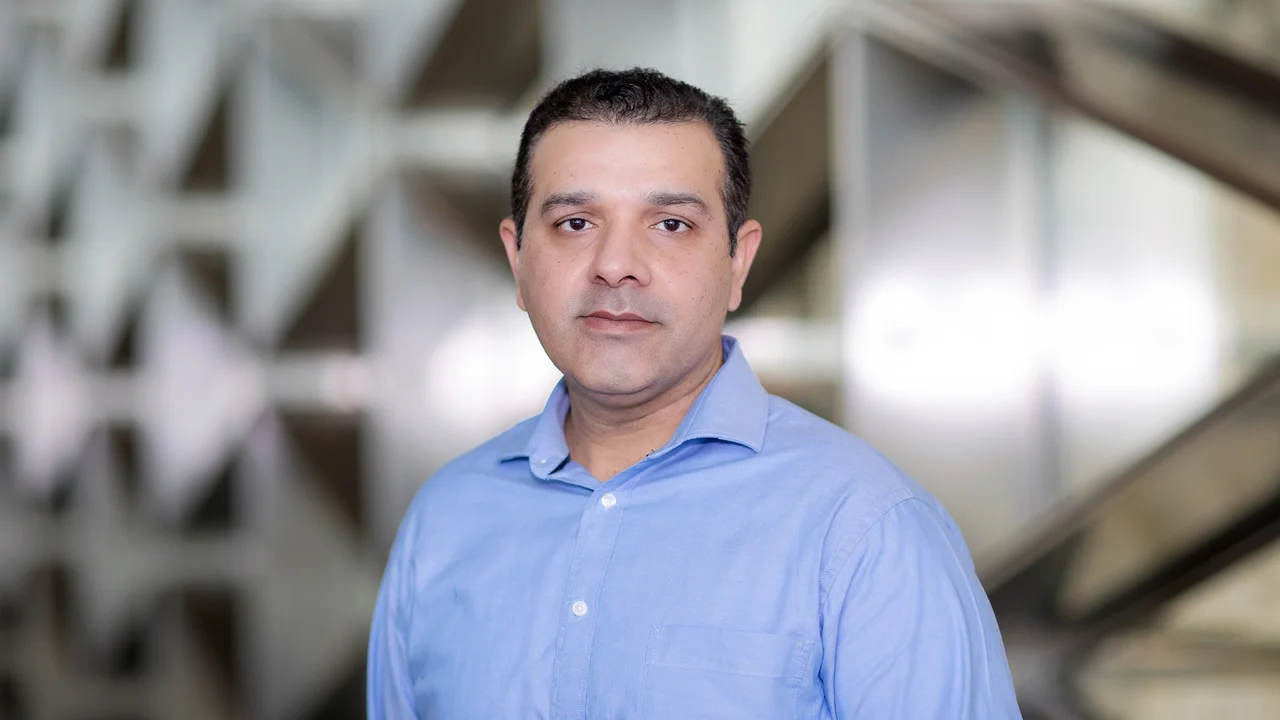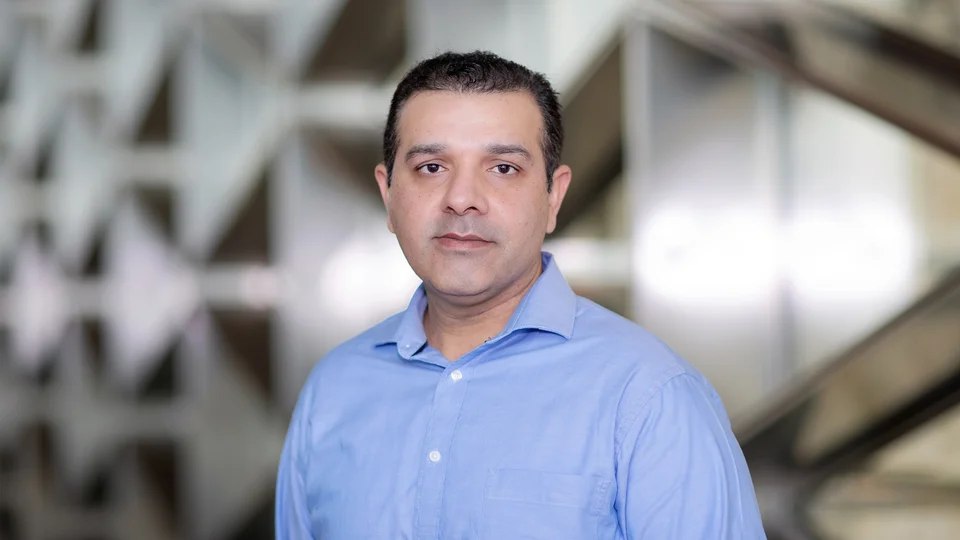
CEMSE New Faculty: Ali Hassan, Instructional Professor of Cybersecurity
KAUST welcomes Professor Ali Hassan as an instructional faculty of Cybersecurity.
About
Professor Ali Hassan teaches because he believes in creating meaningful learning experiences. He believes in fostering an environment where students can ask questions, think critically, and apply their knowledge without fear of failure.
In a role that requires constant engagement with cybersecurity’s ever-evolving nature, Professor Hassan’s drive for learning and adapting to new developments, industry trends, and academic advancements is unwavering. His steadfast dedication to his profession ensures that his students receive the most current and relevant education—an education that encourages them to become eventual leaders capable of shaping cybersecurity’s future.
“Teaching has always been a deeply rewarding experience for me. It enhances my skills as an educator, mentor, and advocate for lifelong learning while significantly contributing to my professional growth. I view teaching as a reciprocal process: I learn from my students as much as they learn from me. Their diverse perspectives, curiosity, and engagement challenge me to refine my understanding and approach,” he noted.
Hassan’s teaching philosophy emphasizes three key elements: providing students with ample opportunities to ask questions and engage in discussions; facilitating and supporting self-directed, continuous learning; and assessing the effectiveness of these strategies through ongoing formative and summative assessments.
“The advice I always share with my students is to remember that perseverance and a willingness to learn from failures are vital to achieving success in any endeavor. I take immense satisfaction in hearing from students about how my dedication and efforts have positively impacted their successful professional journeys.”
Achieving academic excellence
Professor Hassan specializes in malware analysis, exploit development and vulnerability research. His work mainly focuses on improving malware analysis and simplifying the reverse engineering of malicious software by using large language models (LLMs). At KAUST, Hassan intends to explore vulnerability research focused on operational technology (OT), a critical area for managing and securing industrial control systems, devices and processes.
“The purpose of my research is to investigate how LLMs can make malware analysts and reverse engineers more efficient; LLM-assisted malware analysis can enhance the efficiency and accuracy of detecting and mitigating cyber threats,” he said.
Prior to his current role at KAUST, Hassan served as a professor of cybersecurity at Sheridan College’s School of Applied Computing in Ontario, Canada. He also held academic positions at the University of Jeddah's Faculty of Computing and Information Technology, Saudi Arabia, and the Department of Computer Science at CIIT Lahore, Pakistan.
Being part of a ‘dynamic and impactful learning environment’
The opportunity to tackle complex real-world challenges and develop advanced cybersecurity courses tailored to students' academic growth and development is what chiefly attracted him to KAUST. Furthermore, Hassan identified an outstanding opportunity to work alongside a variety of dynamic and forward-thinking individuals.
“I chose to join KAUST because it presents an exciting opportunity to be part of a teaching and learning environment renowned for its academic excellence,” he emphasized. “The University’s diverse academic community will provide me with a wealth of perspectives and insights to deepen my understanding and enhance my students’ learning experience. My goal is to contribute to KAUST’s [existing] dynamic and impactful learning environment.
“I am excited about the opportunity to teach and mentor KAUST’s next generation of cybersecurity professionals, guiding them through innovative research projects and real-world problem-solving. As a lifelong learner, I find nothing more satisfying than knowing that my efforts and commitment have contributed, in some way, to my students' professional successes,” he concluded.
